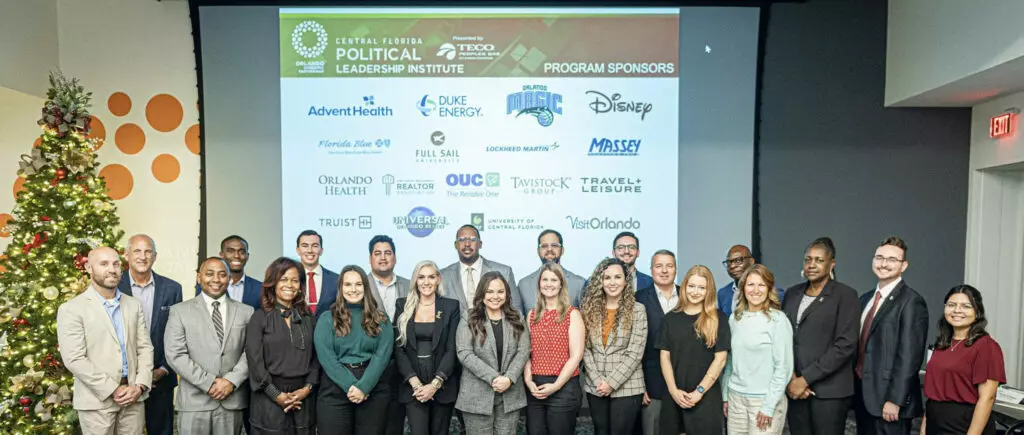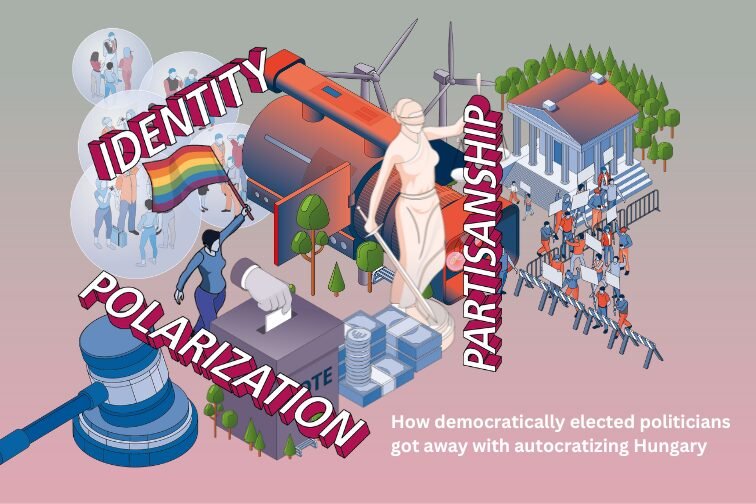Navigating Dual Identities: Integrity and Mentorship in Higher Education
In a previous blog post, I introduced and began to explore the concept of the Incongruent Campus-Conference Persona (ICCP), a term I’ve coined to encapsulate the dichotomy observed in professional behavior, especially within the higher education sector. This reflection builds upon those initial thoughts, delving deeper into the implications of ICCP behaviors and the strategies necessary to address and mitigate their impact on institutional culture and individual professional growth. As we continue to navigate this complex landscape, it is imperative to foster a dialogue that encourages transparency, accountability, and the cultivation of supportive networks that challenge negative perceptions and promote genuine engagement across all levels of one’s field.
In the realm of higher education, the phenomenon of the Incongruent Campus-Conference Persona (ICCP) serves as a pivotal point for introspection and dialogue. Drawing from the profound insights shared during my time in the Central Florida Political Leadership Institute managed by the Orlando Economic Partnership (more on this wonderful program after graduation), it becomes evident that safeguarding one’s character against negative perceptions necessitates a proactive approach—primarily through the cultivation of a supportive network. This strategy underscores the significance of visibility, active engagement, and the development of authentic relationships across different strata of one’s professional field.

Expanding upon this initial stance, it’s crucial to delve into the broader ramifications of ICCP behaviors on both institutional culture and individual professional growth. The concept of Janus-faced leadership, characterized by a dichotomy in public and private personas, poses not just a challenge to personal integrity but also a substantial threat to organizational trust, cohesion, and morale.
At the core of addressing ICCP behaviors lies the imperative for accountability, integrity, and ethical conduct. Yet, equally important is the cultivation of a culture imbued with empathy and understanding. Acknowledging the pressures that may drive individuals toward adopting incongruent personas provides a window into the systemic challenges pervasive within the higher education landscape. These challenges might stem from the need to uphold a certain public image, the competitive nature of academia, or the compartmentalized environments that foster a disconnect between one’s public and private selves.
A strategic response to mitigate ICCP behaviors is the implementation of structured mentorship programs. Such initiatives offer guidance, support, and a framework for accountability, assisting individuals in navigating their professional roles while upholding their integrity and ethical standards. Mentorship emerges as a crucial element in the professional development of minoritized staff, equipping them with the necessary resources, support, and advocacy to confront and surmount toxic environments.
Confronting ICCP requires a comprehensive strategy that encompasses systemic modifications to organizational cultures, the institution of robust accountability mechanisms, and a commitment to environments where diversity, equity, and inclusion are not merely rhetorical but are embedded in the fabric of institutional practices. Educational institutions and professional organizations are called upon to ensure that all individuals are valued, respected, and supported throughout their professional endeavors.
Addressing ICCP behaviors necessitates clear codes of conduct that delineate expected behaviors and the ramifications for non-compliance. Establishing mechanisms for safe, anonymous reporting can empower individuals to voice concerns without fear of retribution. Furthermore, fostering a culture that encourages regular self-reflection and feedback aids in the early identification and rectification of incongruent behaviors.
The advancement and well-being of minoritized staff demand focused efforts to understand their unique challenges and the creation of specialized support systems to address these issues. This includes providing access to professional development opportunities, amplifying their voices, and ensuring their representation in leadership positions.
In essence, cultivating a culture of transparency and accountability in higher education that actively discourages ICCP and toxic behavior requires a holistic commitment from all organizational levels. This entails continuous education, open dialogue, and a readiness to challenge and transform entrenched behaviors and attitudes. Through such concerted efforts, the higher education sector can forge pathways toward a more inclusive, equitable, and ethically grounded future.







